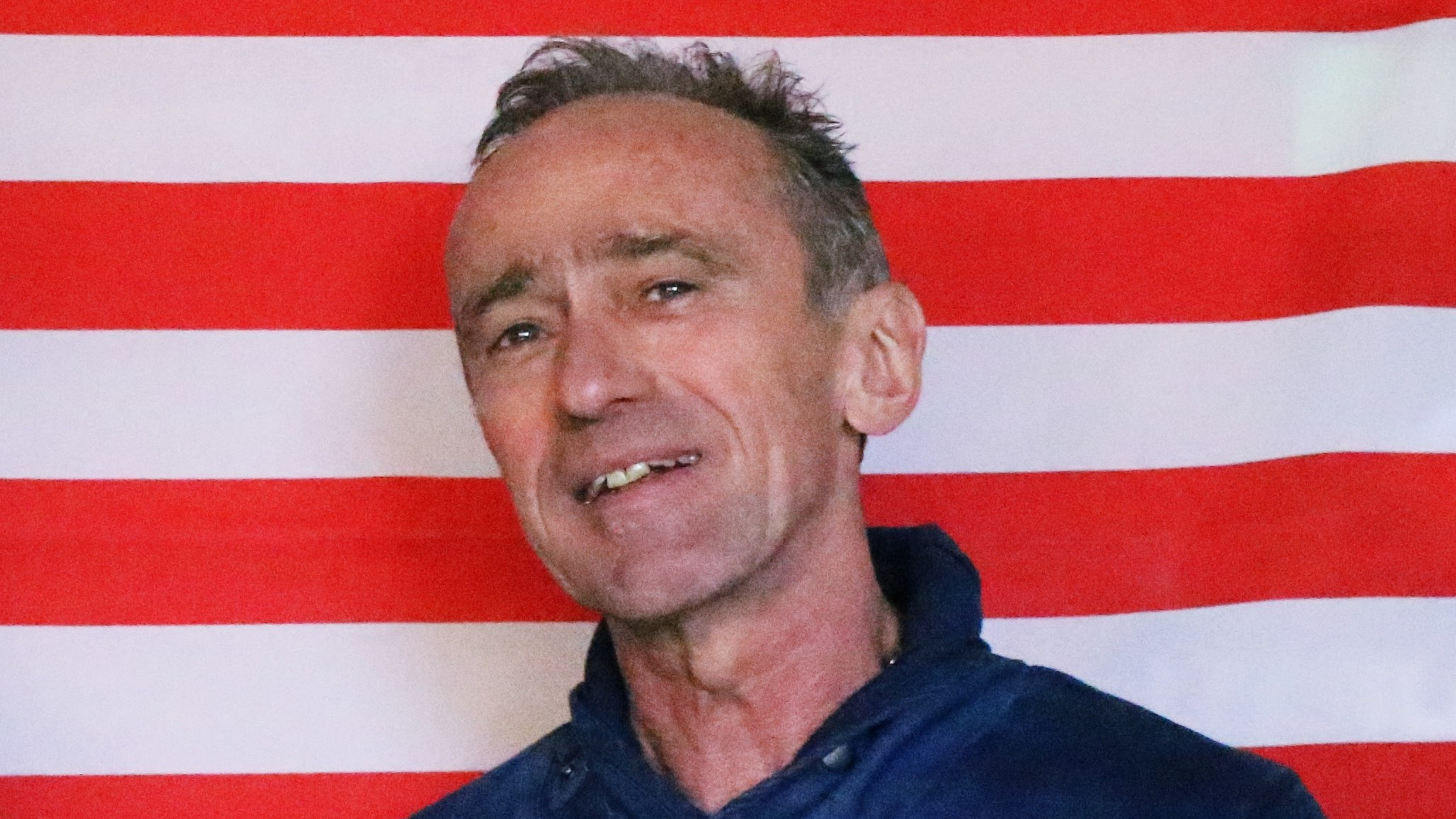Among all the 45 U.S. presidents, George Washington still ranks first as the wealthiest of all. By the time of his death, he owned more than 52,000 acres, which not only secured his position among the top-ranked land-holding gentry but translated into wealth that put him at number fifty-nine in the list of the top 100 wealthy Americans through the ages. Over the years, Washington became an intrepid figure in financial investment and risky enterprise, not the least of which was the development of the new national capital, whose location on the Potomac had been decided upon in June 1790. With his involvement in the capital venture, Washington fashioned for himself a new mode of economic selfhood and familial belonging that was keyed to the emerging market economy. He became what Joseph A. Schumpeter in 1911 described as a “risk-taker,” America’s “first commercial man” (President Calvin Coolidge in 1932), and, finally, the “godfather of American entrepreneurism” (historian Richard Norton Smith in 1993).
Heinz Tschachler is a former Associate Professor of English and American Studies at Alpen-Adria- Universität Klagenfurt. His academic interests were and still are relations between representation, ideology, and material conditions, the discursive constructions of national identity, for instance through the Lewis and Clark expedition, as well as, more recently, the cultural dimensions of America’s money. He has also published on, inter alia, Ursula K. Le Guin, Margaret Atwood, James Dickey, science fiction, and Lewis Mumford, and has written numerous articles on America’s money and published several books, including The Greenback, The Monetary Imagination of Edgar Allan Poe and, most recently, Americans for George. At present, he has two books forthcoming, George Washington on Coins and Currency and George Washington and Political Fatherhood.
